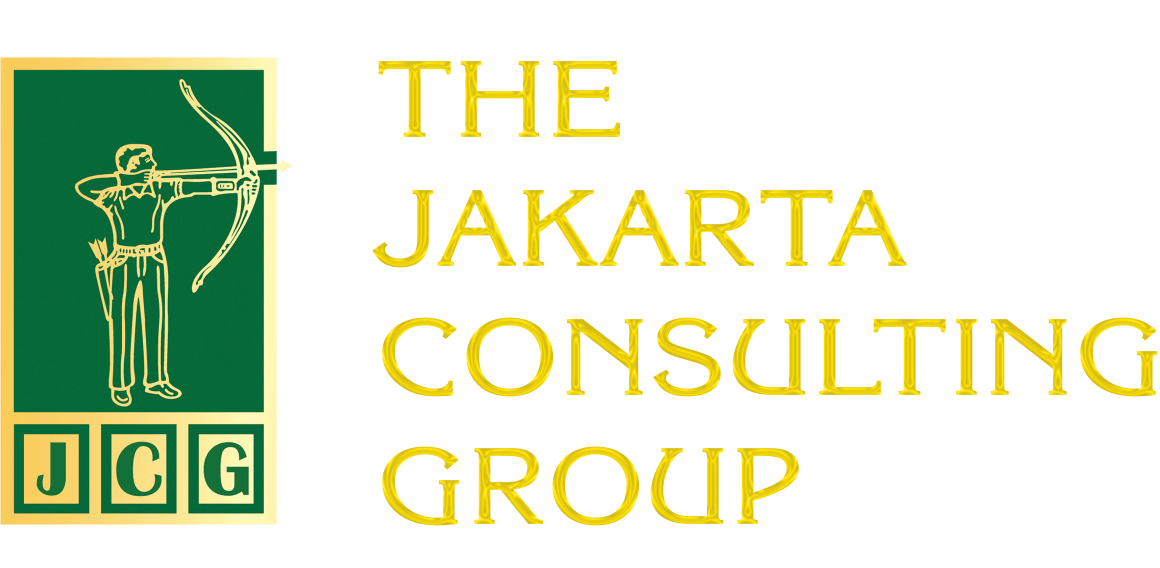Managing Gig Workers. The rise of the gig economy has forced companies to change the way they manage their human resources. There are now more freelancers, employees on short-term contracts, and project-based work. These workers must be managed in different ways from permanent employees.
Let’s take a quick look at gigworkers. Gig workers are non-permanent workers on a project basis or for a fixed period of time. Generally, gig worker contracts are short-term, temporary, or one-off. Gig workers are free to decide where, when, how, and how much and for how long they work. Gig workers have spread across various industries, from creative fields such as writing and graphic design to technical sectors such as software development.
The rise of gig workers is due to digital platforms and changing labor expectations. Today, there are millions of people who are gig workers. The United States (US) is one of the countries with the highest number of gig workers. According to a study by Freelancers Union and Upwork, more than 57 million Americans freelanced in 2019, contributing nearly USD 1 trillion to the country’s economy. This growth continues, driven by the rise of remote work and digital platforms.
In Europe, according to a report by the European Foundation for the Improvement of Living and Working Conditions (Eurofound), around 11 percent of the continent’s citizens are engaged in gig work. This phenomenon is also sweeping emerging economies such as India and countries in Africa.
What are the challenges of managing gig workers?
Some companies may find hiring gig workers more profitable. The reason? Compensation and benefits paid to gig workers are less than those paid to permanent employees (although this is not always the case). But the problem goes beyond salary.
In many countries, the legal status of gig workers is unclear. As a result, there is a risk of legal uncertainty, for example in terms of taxation, employee rights (such as social security, health benefits, and leave), and company responsibilities towards gig workers. Given these conditions, the Company is vulnerable to lawsuits, which can be costly.
Managing people in different geographical areas and (sometimes) time zones is not easy. Coordination and communication issues are common. Companies must ensure that the gig workers they hire understand expectations, deadlines and instructions well.
The quality of gig workers’ work is sometimes questionable. Their motivations are clearly not the same as those of permanent employees. Permanent employees work hard not just to earn a paycheck and avoid sanctions, but for career advancement. This is what gig workers don’t have. In addition, gig workers are not familiar with the company’s values and culture. As a result, their work, although good, does not reflect the values and culture of the Company. What happens is that time and money are wasted.
In terms of loyalty, gig workers are not as loyal as permanent employees. Many of them are contracted by more than one company. For them, the most important thing is income. They don’t care about the vision and mission of the organization. Problems can arise when gig workers have to work together with permanent employees. It can happen, gig workers prioritize personal interests compared to the interests of the Company.
The security of the Company’s data and information may be at stake. Given the demands of the job, companies sometimes have to give access to data and information to gig workers. This includes sensitive data and information. In fact, their presence is not long-term. They could irresponsibly steal and spread the Company’s data and information.
Unlike permanent employees, gig workers do not get training opportunities to develop their skills. As a result, during the project, gig workers’ skills may not be relevant to the Company’s needs.
Hiring gig workers can add administrative burdens, such as handling contracts, more complicated payroll, and the need to maintain good legal relationships. While gig workers can be cheaper in the short term, administrative costs and legal risks can add to the financial burden.
Unlike permanent employees, gig workers are not provided with benefits such as health and employment insurance. As a result, their welfare is more vulnerable. In addition, given their short tenure, engagement is more difficult. Relationships with company employees are less cordial.
Transparency, Rights and Obligations
So how do you deal with these challenges? Start with a clear contract. Of course, the contract should specify the scope of work, deadlines, fees, payment terms, confidentiality agreements, and intellectual property rights. This contract aims to ensure transparency. It also clarifies the rights and obligations of each.
One of the reasons people want to become gig workers is flexibility. Companies that hire them should understand this. Let them organize their own workplace and time. The important thing is that the work gets done. Of course, this is tailored to the characteristics of the job itself. Don’t forget to provide access to company resources as needed.
Just like permanent employees, gig workers also need to be introduced to the company culture. The goal is that the work, attitudes, and behavior of gig workers do not clash with the values of the organization. This introduction is done from the beginning, after the contract is signed.
Companies should strive to build close collaboration between gig workers and employees of the organization. For example, by including gig workers in organizational events. They can also offer them access to professional development opportunities.
Gig workers are not part of the organization. However, their contribution is definitely worth appreciating. Hopefully, this recognition will make them more motivated so that they will want to work together again in the future.
Managing Gig Workers
Category: Human Capital & Talent Management
#gig economy #gig workers #gig workers #digital platforms #legal status #loyalty #data #transparency #flexibility #contract #collaboration #contribution
Related Posts:
Does AI Automation Speed Up Work, but Impoverish the Learning Process?
Non-Monetary Appreciation: The Recipe for Employee Loyalty and Happiness
Golden Shackles: Employee Retention Strategy or Career Shackles?
Climbing the Ladder or Skill Expansion? The Career Dilemma of Today’s Employees
Social Footprint Check: When Digital Footprints Determine a Person’s Career Fate











